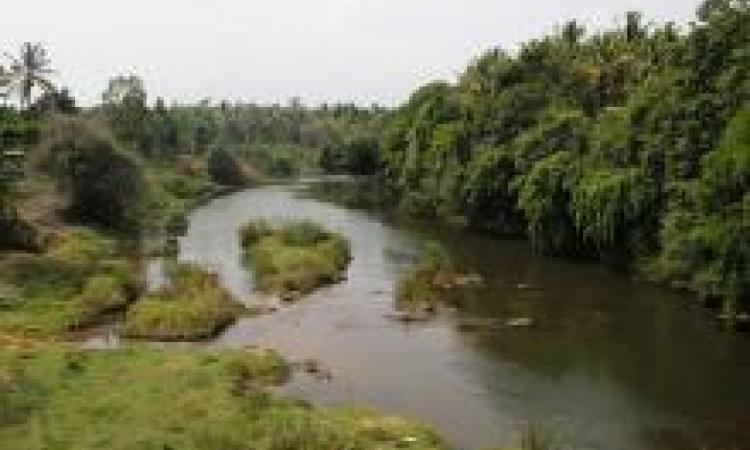
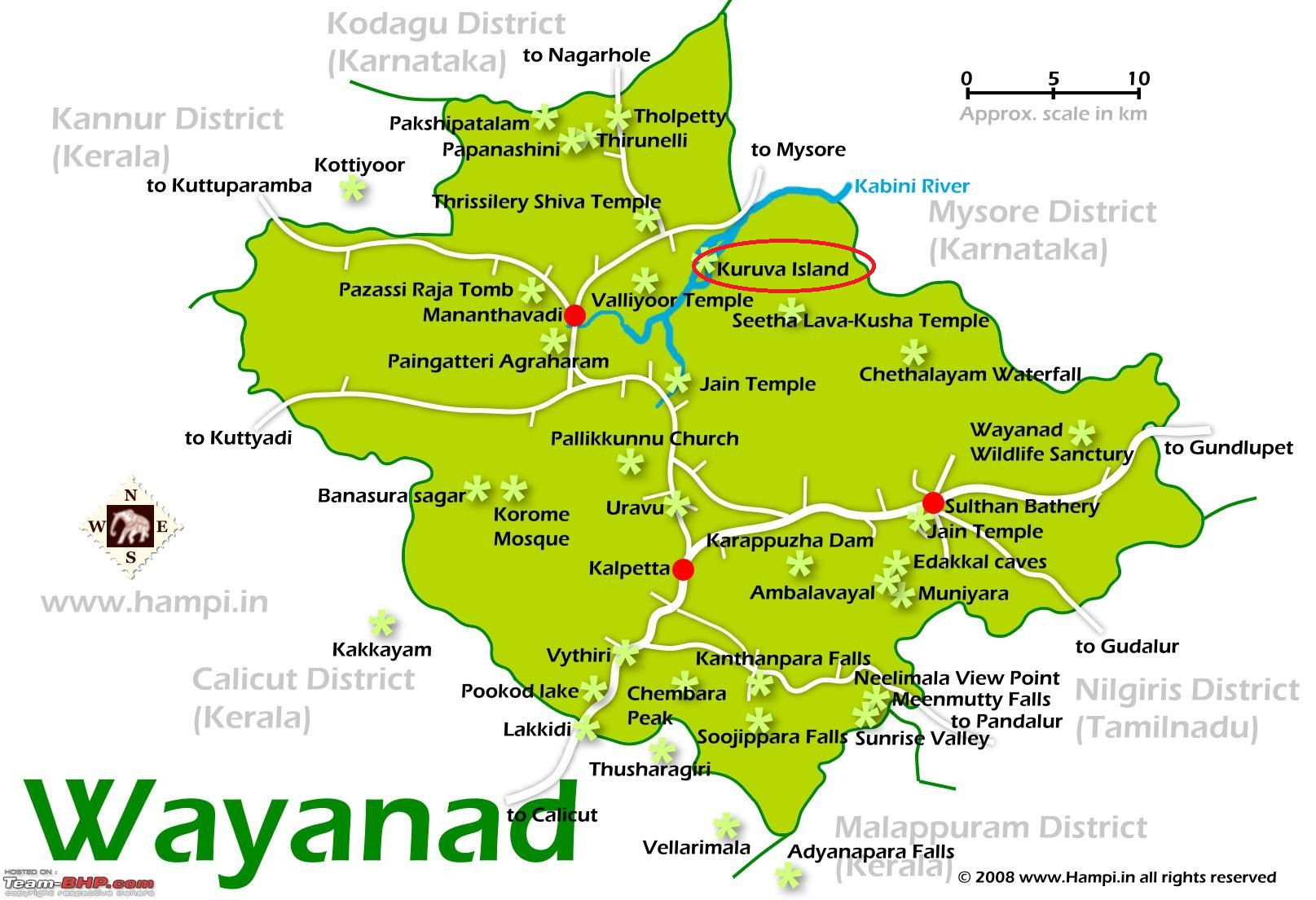 What’s the best way to find out if a spot is ‘touristy’ or not? Plastic and paper strewn all around is usually a good indicator. Most tourist destinations these days appear this way but the scene is quite different at Kuruvadweep, the evergreen island located on the Kabini as it flows through Wayanad in Kerala.
What’s the best way to find out if a spot is ‘touristy’ or not? Plastic and paper strewn all around is usually a good indicator. Most tourist destinations these days appear this way but the scene is quite different at Kuruvadweep, the evergreen island located on the Kabini as it flows through Wayanad in Kerala.
The Kerala Forest Department joined hands with the State tourism department to promote the island as an 'eco-tourism' destination in the district. Ecotourism usually involves places where animals, birds, plants and regional cultural heritage are the main focus. To tie this all together in one spot requires the help of local people because of their knowledge and familiarity with regional information. Kuruvadweep is no exception. Locals have been recruited to help with various functions around the island.
The islands are around 40 km from Kalpetta, the district headquarters. Entry is regulated to ensure that they are not packed with tourists through the day; they are open to visitors from 9:30 to 15:30. When elephants are spotted crossing in the region, entry is completely restricted until the they are safely away in the forests.
The locals who double up as guards do an excellent job of making sure that the island truly remains an ecotourist spot. The goal to keep it plastic-free is so far being met. If you wish to take a disposable water bottle inside, you have to make a cash deposit at the counter. You only get your money back if you still manage to hold on to your bottle while leaving the island.
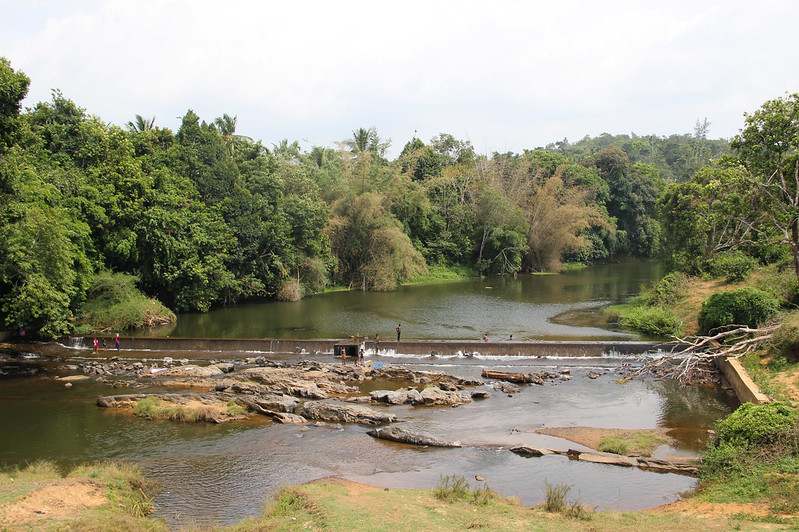
Along with the Manthavady and Panamaram rivers, several other rivulets in Wayanad unite to flow eastward as the Kabini. In a bid to safeguard the forests, birds and wildlife, Kuruvadweep is designated as a 'protected' delta on the Kabini.
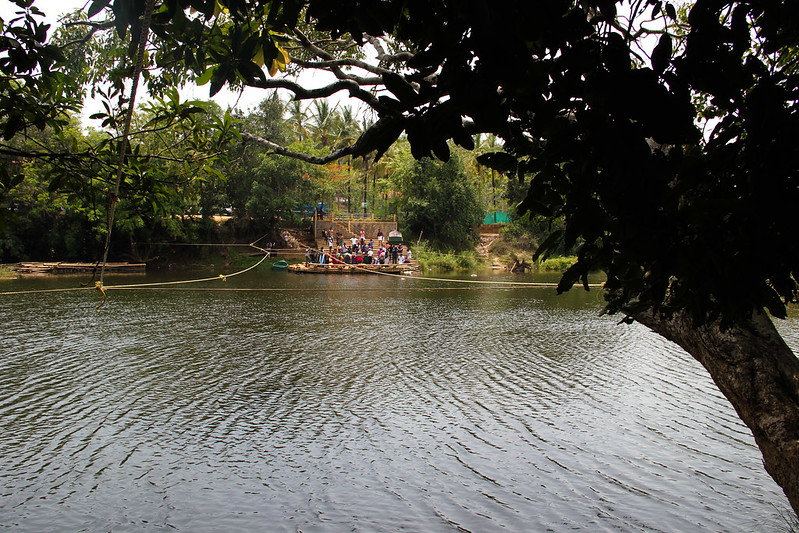
The Kabini flows further eastwards into Karnataka to join the Kaveri at Tirumakudalu Narasipura.
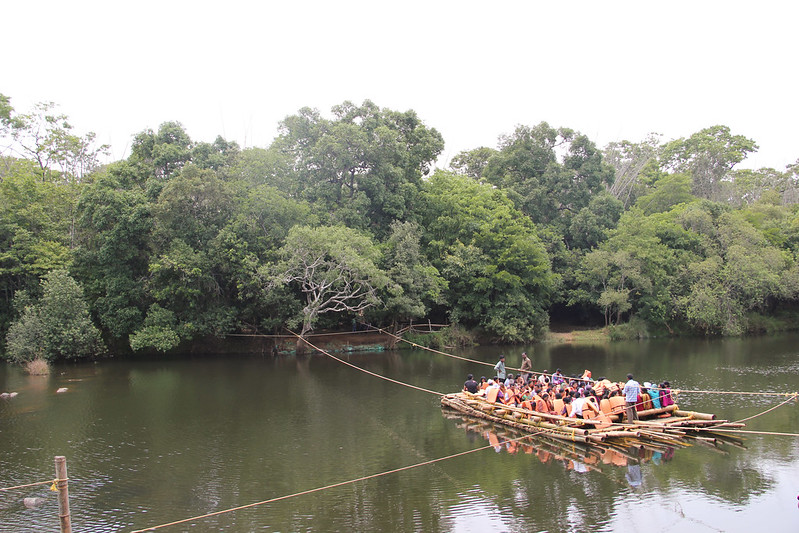
The islands, which span about 950 acres, are accessible via rafts and fibre boats operated by the state tourism department.
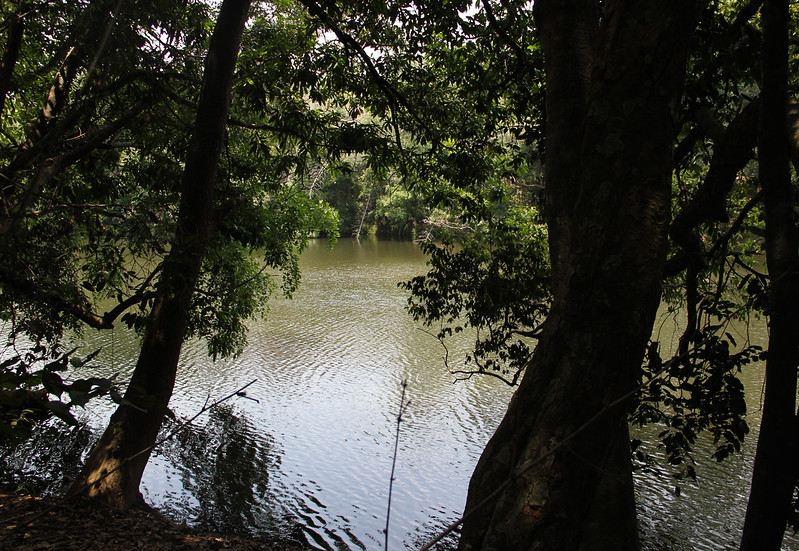
Walk along the banks of the Kabini, spend a hour or two lazing in the water or just sit around on the bamboo chairs along the river. Kuruva is the perfect spot to spend a lazy Sunday afternoon.
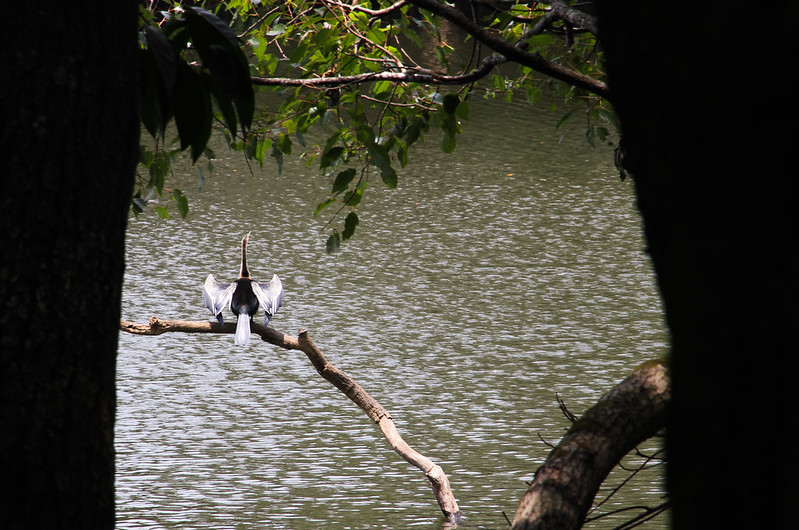
Kuruvadweep is one of the best spots for bird watching and is both home as well as a transit point for several local and migratory birds. The thick evergreen canopy provides an excellent nesting spot. Darter (snake bird) resting on a branch at the island.
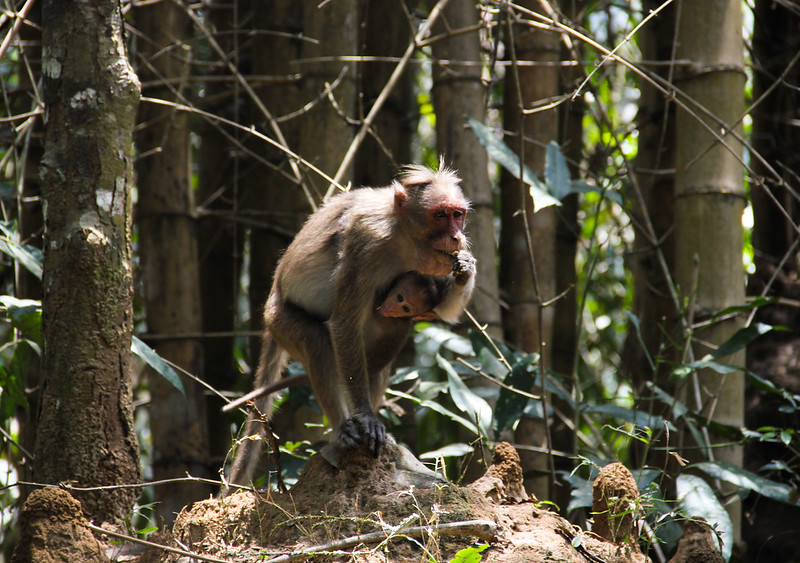
Monkeys walk beside tourists without any trepidation. The islands are also home to a wide variety of plants and animals some of which are found only in the Western Ghats.
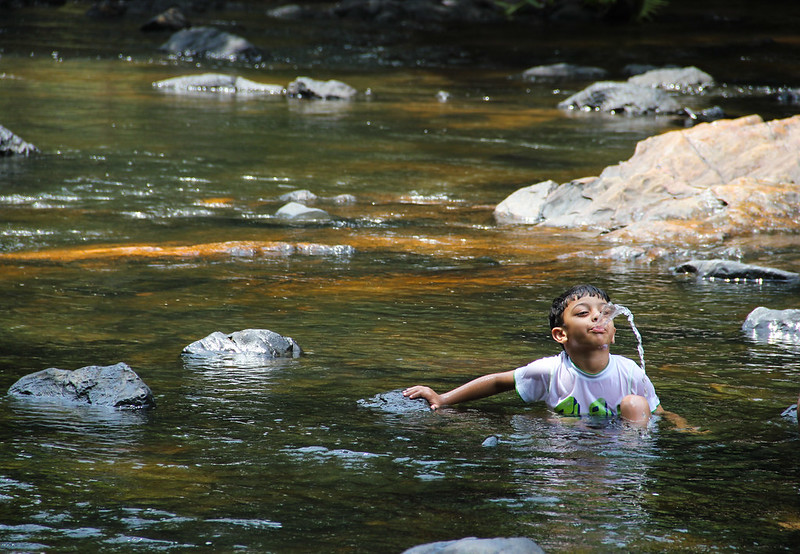
Soaking up the sun - Kuruva is a big hit among picnic-planners.
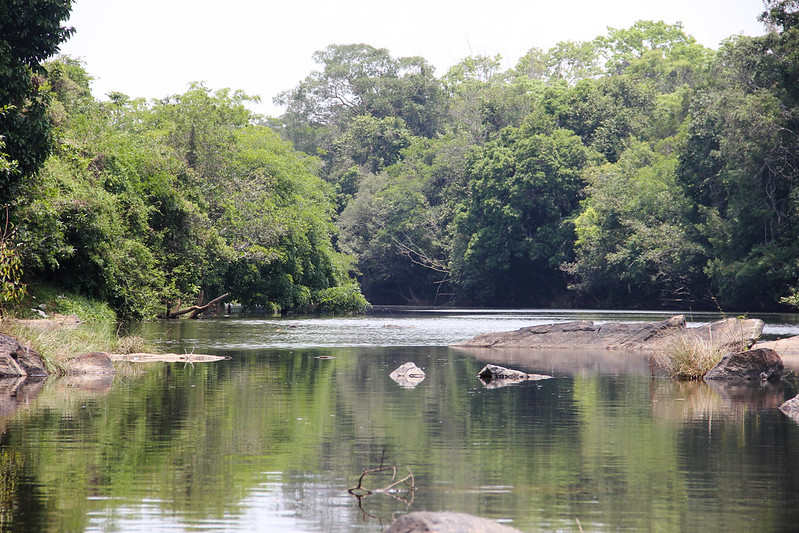
Kuruva is now prominently positioned on the tourist-radar. No trip to Wayanad is complete without a visit to the island.
The state tourism department's efforts seem to have paid off. There is a constant stream of tourists waiting for rafts to take them to the other side of the river. From bird watchers to lazy picnickers to ecotourists - Kuruva has something for everyone!